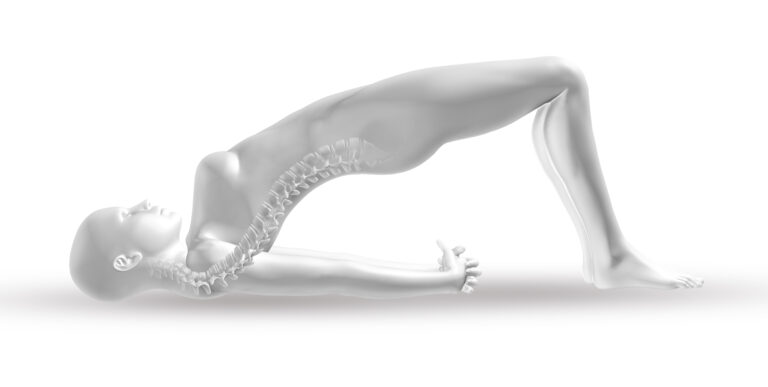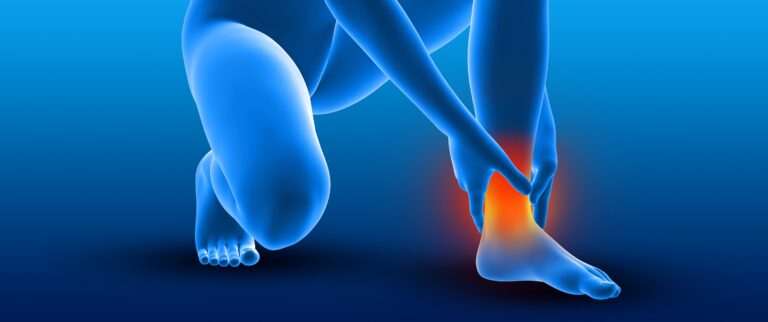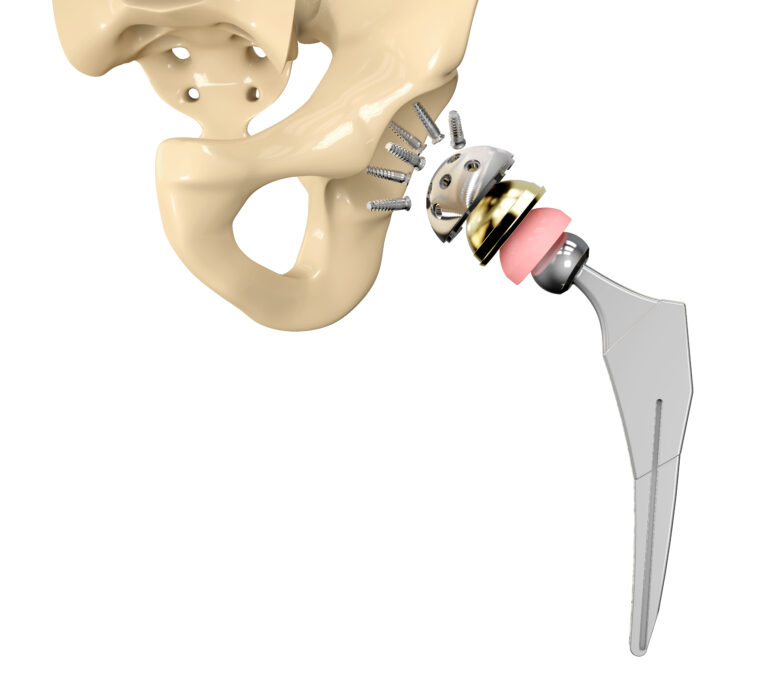
Introduction
Maintaining a healthy weight is not only important for overall health but also plays a crucial role in protecting joint health. Excess weight places additional strain on weight-bearing joints like the knees, hips, and spine, increasing the risk of developing joint-related issues such as osteoarthritis. For women, particularly those in middle age or older, managing weight can significantly reduce joint pain, prevent further damage, and enhance mobility. Understanding the impact of weight on joint health and how to maintain a healthy weight can be empowering in preventing joint strain and promoting long-term joint function.
Overview
Carrying excess weight can result in increased pressure on the joints, especially those that bear the body’s weight. This additional strain accelerates the wear and tear of cartilage in joints, leading to pain, inflammation, and conditions like osteoarthritis. Women are particularly susceptible to joint strain due to hormonal changes that affect bone density and muscle mass, especially during menopause. By maintaining a healthy weight, women can reduce the risk of joint deterioration and improve mobility.
Potential Risks and Complications
- Increased Joint Wear and Tear: Extra body weight adds excessive pressure on joints, leading to faster degradation of cartilage, resulting in painful conditions like osteoarthritis.
- Exacerbated Joint Pain: Overweight individuals are more likely to experience chronic joint pain due to the strain on affected areas, which can lead to reduced physical activity and further complications.
- Reduced Mobility and Function: As joint health deteriorates due to excess weight, there may be a significant decline in the ability to perform basic daily activities, reducing overall quality of life.
Understanding the Recovery Process
- Weight Loss for Joint Protection: Losing weight reduces the load on joints, particularly the knees and hips, which helps slow the progression of arthritis and other joint conditions.
- Exercise and Strengthening: Regular, low-impact exercises such as swimming, cycling, and walking can help strengthen muscles around the joints, providing better support and reducing pain.
- Proper Nutrition: A well-balanced diet that supports weight loss and provides essential nutrients like omega-3 fatty acids and antioxidants can reduce inflammation and improve joint health.
- Joint-Friendly Lifestyle: Modifying activities to reduce stress on joints, such as using assistive devices or avoiding high-impact exercises, can support joint health during the weight loss process.
Factors Influencing Outcomes
- Amount of Weight Lost: Even modest weight loss (5-10% of body weight) can have a significant positive effect on reducing joint strain and alleviating pain.
- Consistency in Exercise: Regular exercise that focuses on strengthening muscles and improving flexibility helps maintain joint health and mobility.
- Age and Health Status: Older adults or those with pre-existing joint conditions may experience more significant benefits from weight management in reducing joint strain.
- Adherence to Lifestyle Changes: Staying committed to a healthy diet and exercise routine is key to maintaining long-term joint health and reducing strain.
Informed Decision-Making
- Consulting a Healthcare Provider: Women should speak with their doctor or a physical therapist to understand the best strategies for losing weight safely and how to protect their joints during the process.
- Personalized Weight Loss Plan: Working with a nutritionist or fitness expert can help develop a personalized weight loss plan that balances calorie intake, nutritional needs, and exercise.
- Long-Term Maintenance: Women should set realistic weight loss goals and adopt sustainable lifestyle changes, rather than seeking quick-fix solutions, to ensure long-term joint protection.
Key Takeaway
Maintaining a healthy weight is a key factor in protecting joint health. Reducing excess weight helps alleviate strain on joints, prevent or slow the progression of conditions like osteoarthritis, and improve overall mobility. With the right approach to diet, exercise, and lifestyle, women can reduce joint pain and enhance their quality of life by supporting long-term joint health.
Disclaimer
This information is for educational purposes only and is not a substitute for professional medical advice, diagnosis, or treatment. Always consult with a healthcare provider to determine the best weight management plan for your joint health needs.




